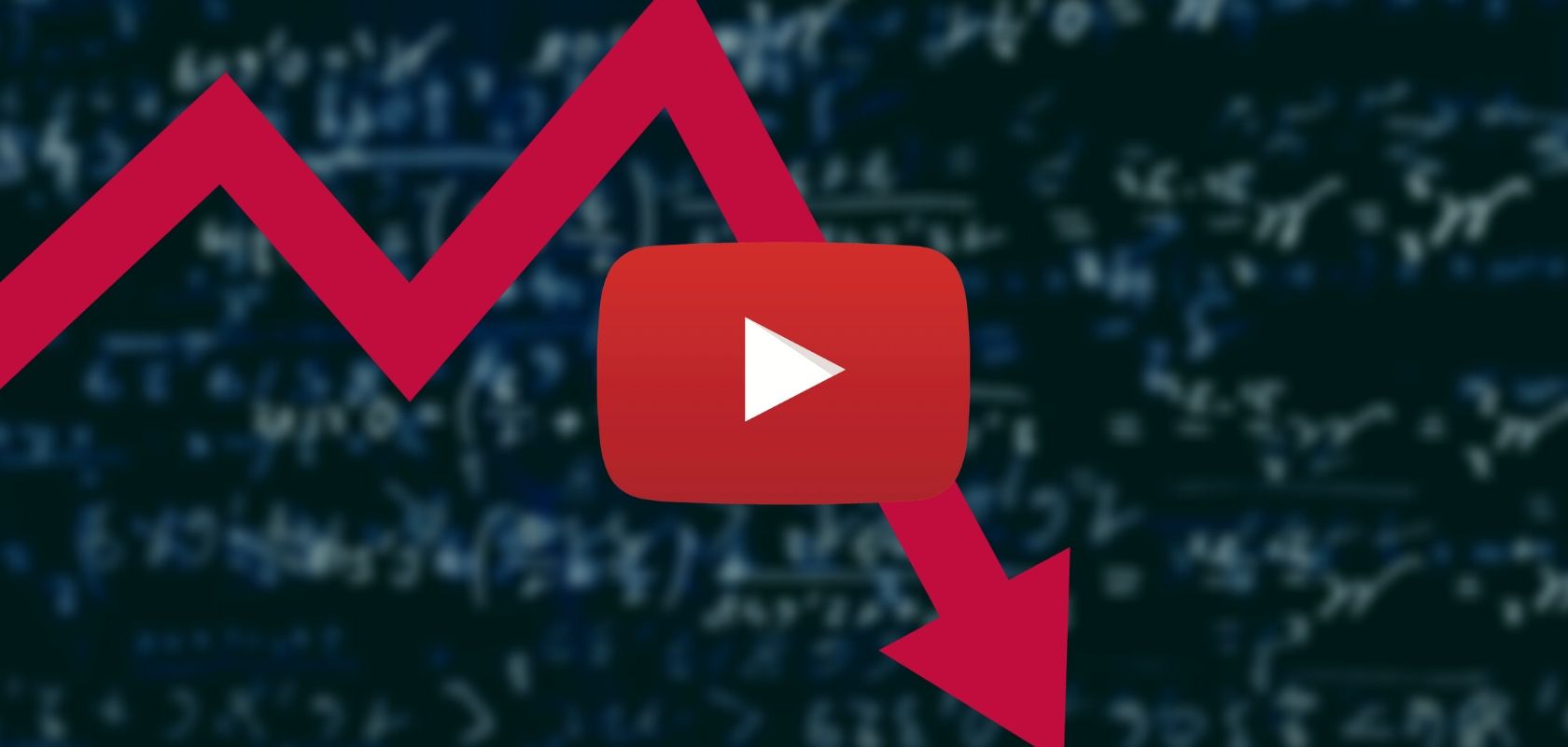Cristos Goodrow, VP of engineering at Google, is also the head of Google’s division dubbed Search and Discovery at YouTube. It’s something that’s also known – but very poorly understood, while directly affecting millions of YouTube creators – as “the YouTube algorithm.”
Now, quizzed on Lex Fridman’s Artificial Intelligence (AI) Podcast, Goodrow was, among other things, asked how new creators might get videos that clearly have “quality and depth” but virtually no engagement – surface on the platform.
“How do you know that something’s good?” Fridman asks Goodrow – seemingly at the same time suggesting that success of videos on YouTube these days depends not on quality, but simply on Google’s decision and technique to promote them to the top, where they are most visible.
Moreover, it sounded like shorthand for – how do we now what’s content to “promote and allow to monetize on your giant platform” – as opposed to “what you might deliberately kill in its tracks as just bad.”
Either that moment was never there altogether – or Goodrow missed it. Or he was completely fine with it being out there, but ignoring it.
In any case, this was his reply:
“I think it depends initially on what sort of video we’re talking about (…) in the realm of politics and news, quality news or quality journalism relies on… having a journalism… department – you have to have actual journalists, and fact-checkers, and people like that?,” said the Google engineer.
Fact-checking has always been a basic and expected subset of a journalist’s skills – at least until recently. That’s when in some corners of the world fact-checking “grew” into its own, and at times, grotesque industry.
And considering that modern mainstream news seems to be based on opinion instead of facts, it’s perhaps more likely that already being a “big name” is reason enough for a news outlet to promoted on YouTube.
But let’s look past this insult at journalists and their profession that Goodrow made too easy here – and focus instead on how he, speaking still about YouTube’s Search and Discovery algorithm, views comments and recommendations on the giant video platform itself.
Goodrow mentions “authoritativeness and expertise” in both journalism and scientific content – without elaborating any further. It’s almost as if a Google PR department fed him the words “authoritativeness” and “expertise” to mention in any interview; perhaps, that’s why Fridman mostly spent the interview avoiding eye contact, sensing a lack of much authenticity.
But what about the attention on YouTube videos earned by the platform?
“We moved from views to the amount of time people spent watching (videos),” Goodrow said.
However – in the past, the time people spent watching something was still not good enough in terms of revealing what value users are believed to be assigning to the content – so, Goodrow said, YouTube now couples feedback data from “surveys” with machine learning not only to attempt to predict what YouTube users might click on immediately, or watch in immediate future – but also – YouTube wants to know, “what you may give 4 or 5 stars to when we ask you tomorrow.”
In other words – it’s all about what you, a YouTube user, or a YouTube creator, can do to help Google best monetize its giant video platform, going forward, and we know YouTube CEO Susan Wojcicki doesn’t always think that’s something independent news channels do.












